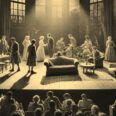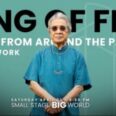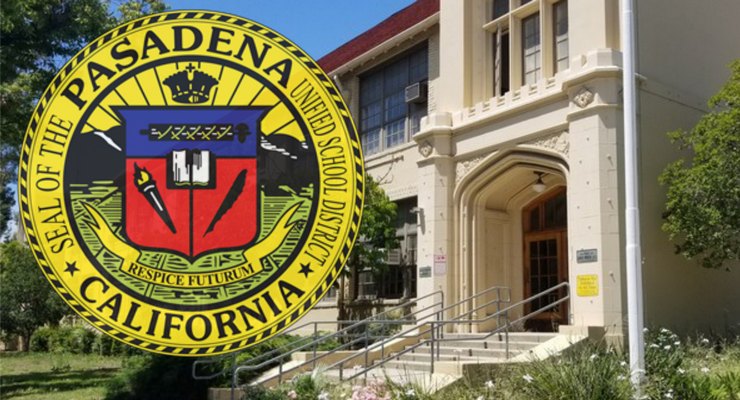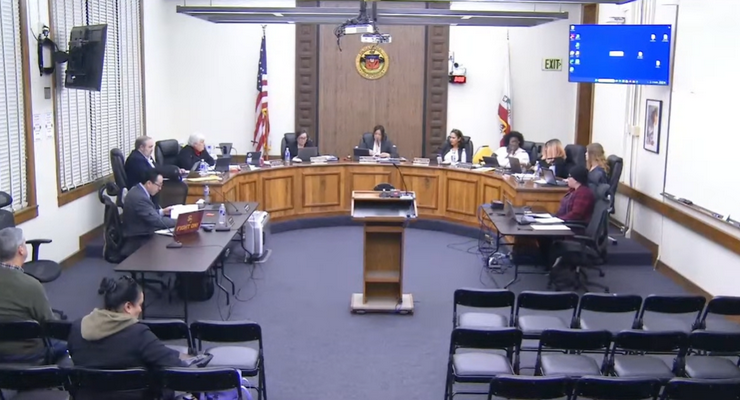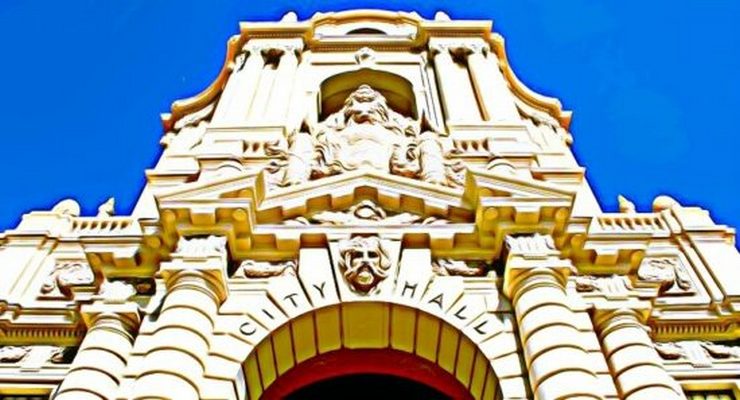
Pasadena’s Planning Commission on Wednesday endorsed studying an ambitious plan to transform North Lake Avenue from a car-dominated thoroughfare into a pedestrian and bicycle-friendly corridor, marking the latest attempt to revitalize an area where previous plans in 1997 and 2007 failed to achieve meaningful change.
Commissioner Rick Cole opened the presentation from the Commission subcommittee by calling North Lake, “the boulevard of broken promises, the avenue of aborted plans.”
The detailed subcommittee proposal was presented by Commissioner and retired professor of planning Dr. Julianna Delgado, who spearheaded the effort. She traced the history of the avenue – from its decades as a prosperous neighborhood residential and shopping area to its eventual evolution into what one later public speaker called “fast food hell.”
The subcommittee’s extensive recommendations were developed by a Planning Commission subcommittee after extensive community meetings including an August 17 session with over 20 residents. Delgado called for preserving the existing four traffic lanes while converting the remainder of the wide street into protected bike lanes, 18-foot-wide sidewalks, enhanced transit stops, and extensive tree canopy.
She declared that the recommendations aimed to fulfill the City’s 2015 General Plan vision “to transform its automobile-oriented character…into a well-designed and attractive corridor supporting multiple travel modes.”
The subcommittee also emphasized the need for commitment of staff and funding to actually implement the plan. Previous efforts have faltered while the City has invested in thriving areas like South Lake, the Playhouse District and Old Pasadena.
Former North Lake Business Association President Ron Carter highlighted previous failed attempts at revitalization. “We worked our butts off,” Carter said, describing five years of monthly meetings and community efforts that ultimately dissolved. “We didn’t have a champion. We needed an ambassador in the City.”
More than 20 public speakers and extensive emails urged support for the recommendations, including positive comments from Pasadena Heritage, Pasadena 100, the Bungalow Heaven Neighborhood Association and residents in nearby neighborhoods.
Property owner Paul Jaco warned against another plan without business community buy-in.
“The last thing that North Lake Avenue needs is another plan,” Jaco told commissioners. “Unfortunately it forgot the core of North Lake, the business owners and the property owners of North Lake.”
South Lake Business Association Executive Director Gina Tleel pointed to her District’s success through public-private partnership.
“Without the P-BID component and the collaboration of the property and business owners, there would be no South Lake that you would see today,” she said, noting her District now maintains just 4% vacancy.
Transportation expert Bob Huddy raised concerns about displacing the corridor’s 35,000-40,000 daily vehicles.
“We already have gridlock,” Huddy said, explaining that north of the 210 freeway, “43,000 households generate 344,000 trips a day” with limited alternate routes available. He noted that despite North Lake culminating in the regional light rail line stop at the freeway, buses on the avenue suffer from long wait times that make public transit unattractive.
Commissioner Michael Albrecht was the most skeptical of the practicality of the subcommittee’s recommendations, raising questions about funding, topography, weather and traffic.
In the end, he joined the entire Commission in unanimously directing City staff to “give serious consideration” to the subcommittee’s 25 policy recommendations while engaging other City departments and stakeholders. The proposal includes a five-year implementation timeline and calls for a designated City staff lead to coordinate efforts.
“If we’re not going to substantially change North Lake Avenue, what the hell are we doing?” said Cole, noting the City has spent six years and “tens, perhaps hundreds of thousands of dollars” developing plans for the area. “We’ve promised this for 27 years.”
Cole compared the potential investment to the City’s successful revitalization of Old Pasadena, where $93 million in today’s dollars was spent on parking structures.
“This is not throwing money down a rat hole,” he said. “This would be investing with the property owners and the business owners in something that could bring substantial returns to our community.”
The plan also emphasizes environmental sustainability, with community members calling for enhanced tree canopy to combat heat islands, stormwater management features, and integration with existing transit including the Metro station.
Staff plans to return with a detailed implementation analysis before the proposals are incorporated into the North Lake Specific Plan’s public realm chapter.







